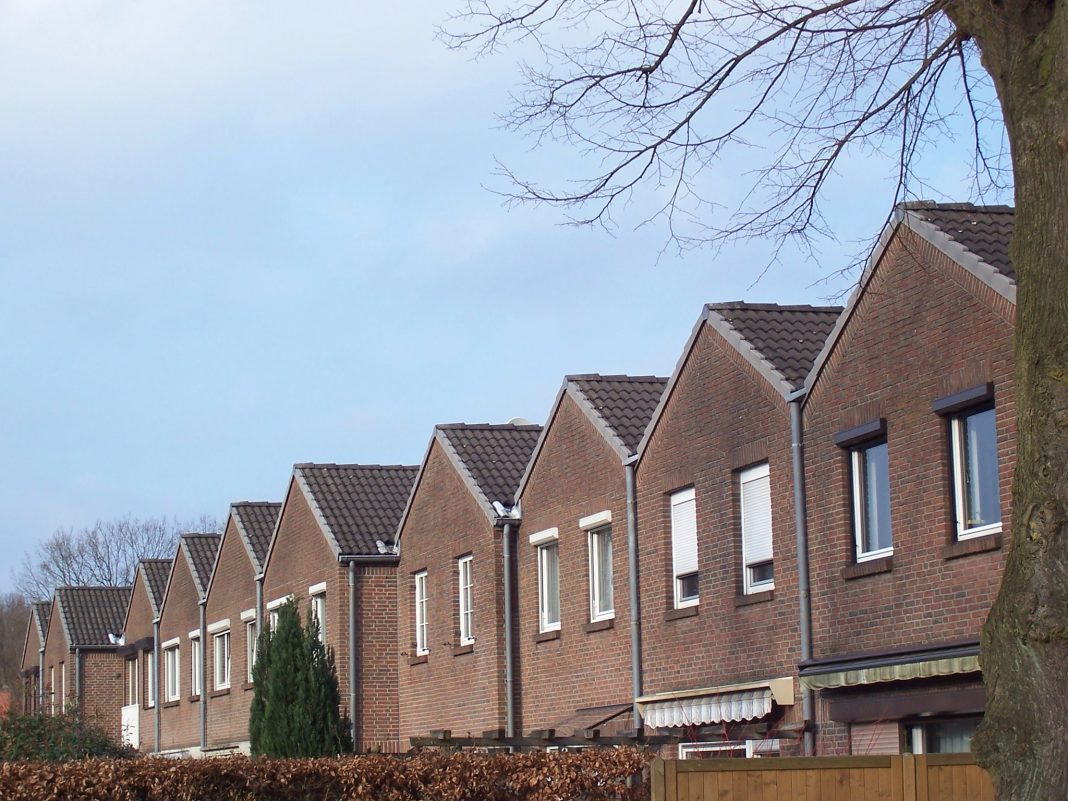While it certainly might not seem like it to everyone who lives there, recent statistics suggest that Durham is the cheapest city in which to rent property in England.
Experts generally agree that – in order to enjoy a reasonable standard of living – tenants shouldn’t be spending more than 30% of their income on rent. Rents at 30% or less of gross salary are considered ‘affordable’.
According to data compiled by the house buying website Open Property Group, the city where tenants can expect to spend the lowest proportion of their income on rent is Durham.
In Durham City, the average gross annual salary is £25,815 and the average monthly rental price (for a single tenant) is £493. This means that a person would need to spend 23% of their gross salary on rent.
The second two cheapest cities for rentals are also in the north. Liverpool takes second place, with tenants needing to spend 24% of their income – or £499 on average – on their rent.
Lancaster comes in third, with tenants also coughing up 24% of their wages – or £555 – to their landlords.
Durham City also compares well to its fellow north-east metropolises. In Sunderland, England’s eighth cheapest city, tenants need to spend 26% of their incomes on rent, or £528 out of an average salary of £23,933.
In Newcastle, tenants have to stump up an average of 27% of their wages on rent or £618 per month from an average annual income of £26,703. Newcastle is England’s 11th cheapest city to rent in.
The most expensive cities are, not surprisingly, in the south. In Brighton and Hove, England’s priciest city for tenants, you’d have to hand over a whopping 52% of your salary for rent, or £1,302 out of an average annual income of £29,938.
Bath is the second most expensive city, where you’d be expected to part with £1,288 a month to keep a roof over your head, out of a salary of £29,900, also working out at 52% of the average income.
Oxford is England’s third priciest city for renters. There your rent would cost you 51% of your wages.
The managing director of Open Property Group, Jason Harris-Cohen, said, “It is noteworthy that the north/south divide is highly evident, demonstrating low rental values in all cities north of Warwick.”
“I am quite surprised with the least affordable and I wouldn’t have expected Portsmouth (with rents at 40% of income) to appear in the least affordable section.”
“Despite the sales market being challenging, the rental market has remained buoyant and has constrained availability of stock, thus keeping prices strong.”
“Hopefully, we will continue to see wage growth over the coming years and, assuming that the rental values remain static, we will find that the percentage of income spent on rent is more affordable.”
Though the figures show that the north is generally cheaper, there are some anomalies. York is England’s sixth most expensive city for renters, with tenants having to devote 47% of their income, on average, to rent.
Manchester also makes the top 10 priciest cities, coming in at number nine. Mancunians need to set aside 42% of their income – or an average of £839 per month – to pay the landlord.
It may surprise some that the City of Westminster and the City of London – both in the heart of the capital – come in at only number eight and number 11 respectively on the most expensive list.
But, in these enclaves of wealth, rent has to be considered with respect to salaries. In the City of London, for instance, you’d have to part with 41% of your income, or £2,377 a month, for rent. Yet it’s worth remembering that the average salary there is a handsome £70,171 per year.
In regional terms, the north east is the cheapest area of England to rent in while Greater London is the priciest.
(Featured image courtesy of Nico Dusing, from Flickr Creative Commons.)


























